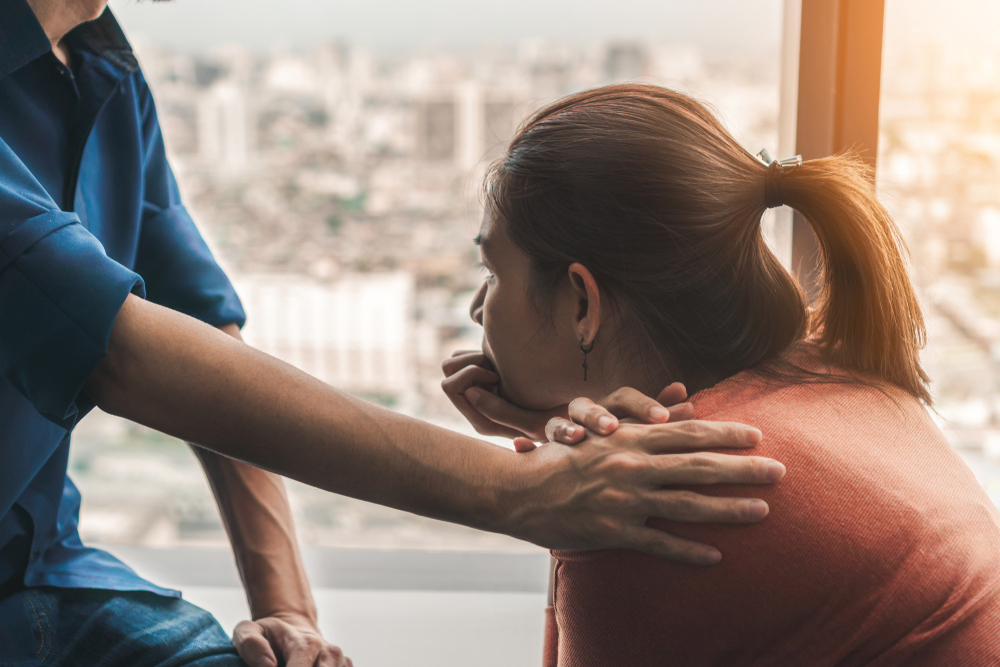Though the U.S. Department of Health and Human Services declared the opioid crisis to be a public health emergency in 2017, more than 130 Americans still die of opioid overdose daily, making it our nation’s leading cause of accidental death.
To save lives, most states have passed laws restricting the length of opioid prescriptions. When they can no longer get their medication legitimately, people who have become physically or psychologically dependent on these drugs to get through the day may go to extremes, thus contributing to the ongoing opioid addiction epidemic.
Who Is at Risk of Opioid Addiction?
Opioid addiction affects people from all beliefs and backgrounds, regardless of their age, race, income or gender identity. However, people who also have a co-occurring mental health disorder like depression or PTSD may be more vulnerable to prescription opioid abuse.
Prolonged reliance on prescription opioids to treat chronic pain is another leading risk factor for overdose. There is also a connection between opioid addiction and the habitual misuse of other substances, such as alcohol. If you have a family history of mental health or substance use disorders, your genetic predisposition can increase your likelihood of opioid addiction.
What Makes Opioid Use So Dangerous?
One of the hidden risks of prescription opioids is that users underestimate their potential for abuse. Even though the nationwide opioid addiction epidemic has been a well-publicized issue for years, many people believe a substance use disorder could never happen to them, especially when they use a medication like Vicodin or OxyContin according to their doctor’s orders.
Another reason people might not take the threat of opioid addiction seriously is that drug manufacturers such as Purdue promoted their products as non-habit-forming for so long. Believing opioids were safe, physicians freely wrote prescriptions to help their patients manage short-term and chronic pain. Sadly, this resulted in widespread misuse and paved the way for the current public health crisis surrounding opioid addiction.
It’s surprisingly possible to develop a dependence on some prescription medications before you realize it. The longer you take these drugs, the higher the chances that you will become part of the nationwide opioid addiction statistics.
Healing People From Prescription Opioid Addiction Since 1993
No matter how long you have been relying on prescription drugs, it’s still possible to make a full recovery and lead a fulfilling, sober lifestyle. Evidence-based treatment methods provide a foundation for lasting health and wellness.
Quitting opioids can be dangerous to attempt alone. That’s why New Found Life’s complete continuum of care starts with medically managed detox, allowing all traces of opioids to leave your system in a comfortable setting. Once you are stable enough to do so, you can then begin working through the next phases of prescription drug treatment at our Long Beach facility, participating in therapy and 12-step immersion to address the underlying causes of your substance use disorder. If you are ready to learn more or verify your insurance, our admissions team is here for you 24/7. Make the call that will change your life today.

